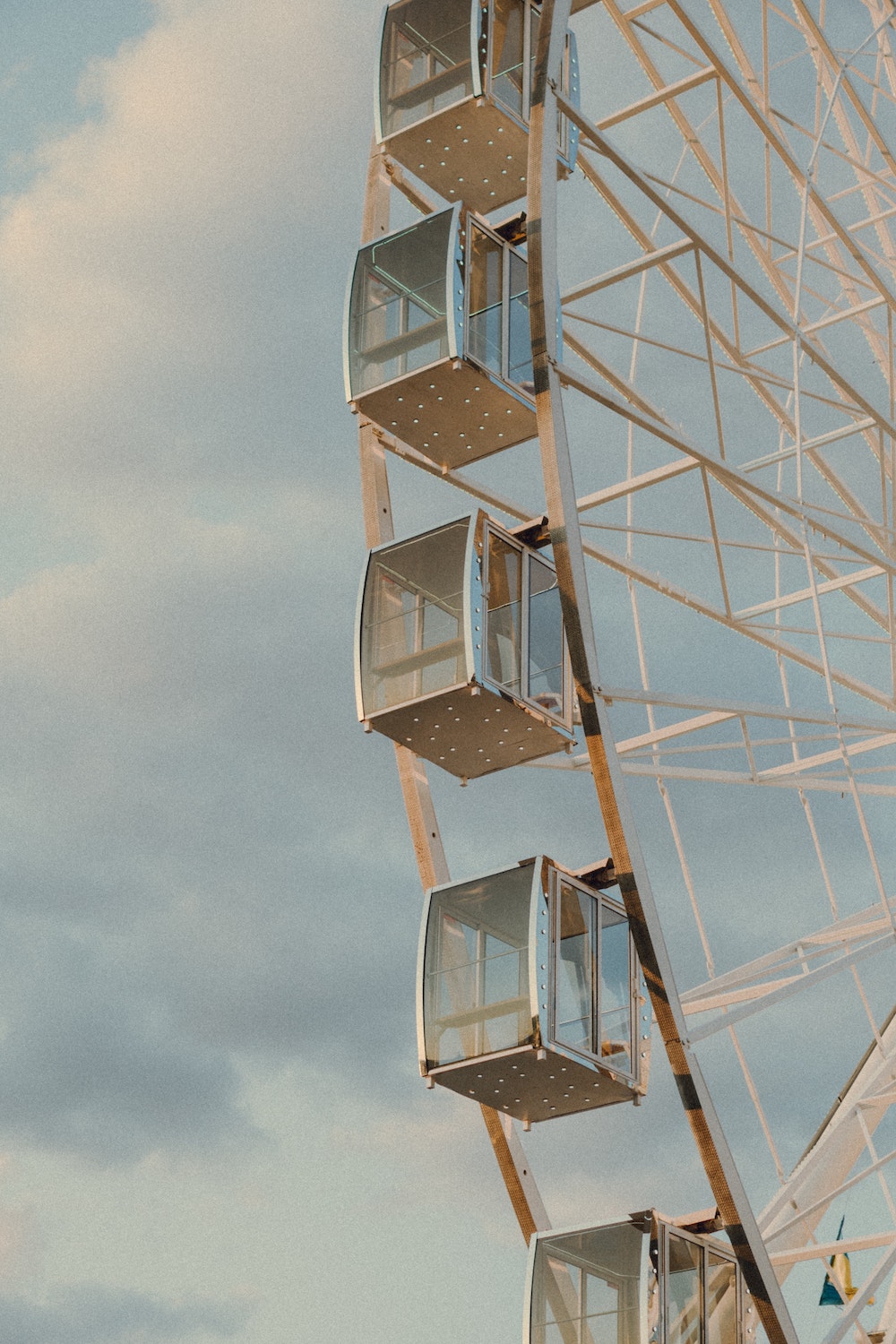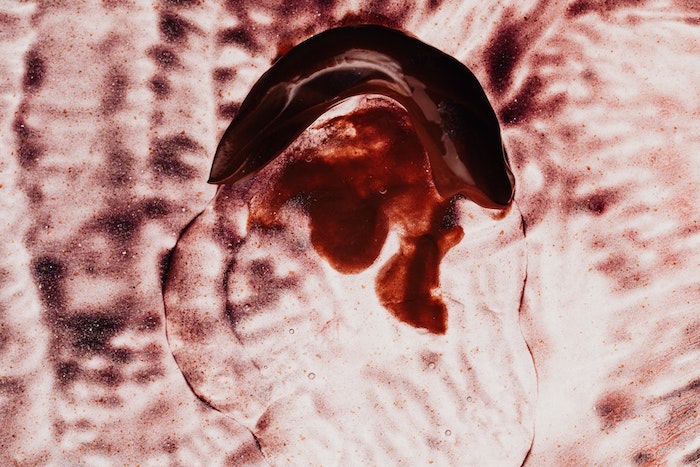Darlings, I’ve got some bad news for you. When you reach 40 or the dreaded menopause, whichever hits first, your body will begin to change. Fact!
What changes could happen with menopause?
It’s not just that everything begins to move southwards and sag, you embrace a few more wrinkles, or that you may need to reach for the hair colouring more often as you race to beat the grey hairs.
No, middle-aged spread is real, and it becomes more difficult to lose weight and ‘change’ your body shape. The days of scoffing a whole pizza, followed by a large slab of cake are gone, even if you run 5k afterward. The menopause does affect fat distribution and for many women they find their body shape changing from being pear-shaped to apple-shaped. Yes, if you aren’t careful, you can kiss goodbye to your waistline.
You may also find yourself losing more hair from your head but find that it starts growing in other places; your forehead, jawline, upper lip, nipples and extending further around the bikini line!
Your boobs might get bigger, or they may shrink, they may lose firmness or change shape, and it will definitely become more important to self-check as post-menopausal boobs are more prone to lumps and bumps.
If you’ve had children, you know your bladder has a mind of its own already, but even if you haven’t, it might be an idea to start doing some pelvic floor exercises, as loss of bladder control is a common symptom post-menopause.
Your bones themselves also need attention because menopause dramatically affects bone density. Post-menopausal women are more at risk of osteoporosis, as it is believed that due to the decline in oestrogen production, which affects the amount of calcium in bones, they can lose up to 20% of their bone density.
The lower levels of oestrogen can also affect your cholesterol levels and blood flow.
But what can I do to help myself?
Like most things in life when it comes to your health, the four things that will help you are:
- Regular exercise
- Healthy diet
- Plenty of sleep
- Reduce stress levels
Exercise
You don’t have to be a slave to the gym, especially if it fills you with dread. Nowadays, there are many different alternatives.
But, and but is the operative word here, you must exercise. The official government guidelines are for 150 minutes of moderate level activity each week. That breaks down to 20 minutes a day, and surely we can all find 20 minutes.
It is possible to change your body composition and tone up, but it isn’t easy during menopause, and it won’t happen overnight.
You have to accept that it will take time, and you have to sign up, metaphorically for the long run.
A mixture of light, moderate and intense exercise will benefit you if you are looking to trim and tone. Intense exercise can see a reduction in overall body fat, but even regular light physical exercise will impact your body composition. And don’t forget to incorporate strength training in your fitness routine.
The main thing is staying motivated to do it.
How I keep active
I’ve always been active, but I’ve never really enjoyed the ‘gym experience’, even though I forced myself to go. I danced when I was younger, and then sporadically went to gyms. But even when I didn’t go to the gym, I did home workouts on video (yes, I am that old), then DVDs. I also walk very quickly, and when I commuted to London, way back when, always ran for the trains, and got off the tube a stop earlier and walked to work. I was clearly ahead of my time when it came to exercise.
However, even though I exercise, I have noticed in the last couple of years my waistline, not that I ever had a teeny waist, filling out and my jeans feeling a little bit tighter than normal. Not that I had dramatically changed anything in my life, I was still exercising and eating a healthy diet.
But I knew I wasn’t happy seeing the odd small roll under the bra strap, you know what I mean?
So lockdown, for me, has been a godsend. As I wrote in an earlier article, in April, I started walking three times a week, and since then have walked approximately 300km. Interspersed with this, I have done a variety of workout DVDs from Yogalates to Ballet.
I have noticed a significant change in the fit of my jeans, and although I always need to work on my waist, it’s getting there.
Diet
I will be writing in the future about why crash diets don’t work, but remember that successful and long-lasting weight loss needs you to make permanent lifestyle changes.
You will probably find that you need to eat less to maintain your weight, and this is because of a decline in muscle mass, but don’t restrict your calorific intake too much because it will slow your metabolism and lead to even more muscle loss.
Ideally, you should simply pay attention to what you eat and focus on a healthy lifestyle to manage your weight. It’s important to stay hydrated and drink plenty of water and eat a diet rich in fruit and vegetables, whole grains, and healthy fats and proteins.
And not that you have to eliminate them entirely, but just be careful about the amount of processed foods, sugar and alcohol that you ingest.
Sleep
During menopause, sleepless nights can sometimes be par for the course, especially with night sweats thrown into the mix.
It’s still important to try and get between seven and nine hours of sleep each night. Did you know that a lack of sleep can actually cause you to put on weight?
A good night’s sleep helps you become mentally and physically prepared for the following day. As you sleep your body rests and restores, repairs and regenerates every system in your body.
If you’re finding it difficult to get a good night’s sleep, try creating a bedtime routine. We do it for children, but it’s actually just as important for adults.
Some ideas to incorporate in your bedtime routine include:
- Limit stimulants, such as coffee
- Avoid ‘blue light’ exposure an hour or two before bed. Blue light is the light emitted by your electronic devices
- Create a comfortable, dark environment in your bedroom
- Try and keep your circadian rhythm in sync by getting exposure to natural light during the day
- Make sure you go to bed and wake up at the same time every day to keep your circadian in sync. This could involve some lifestyle changes, and any alterations should be implemented slowly
Stress
We all know that stress affects our weight, but during early menopause, our bodies naturally increase cortisol production at night.
But even with this, if you can learn to manage stress successfully, it will help you avoid weight gain and muscle loss.
Exercise is one of the best things you can do to relieve stress. Other helpful things to do include meditation, yoga and Tai Chi. Also doing something that you enjoy can help you relax, which, in turn, helps reduce stress.
At the end of the day darlings, there is no fountain of youth, and however hard you try, time will always, eventually catch up. And while you may never regain the body you had in your 20s, there are things you can do to minimise the effect growing older has on your body. Additionally, you don’t have to let your age dictate your emotional or physical wellbeing.
There is truth in the saying ‘you’re only as old as you feel’, and there are people in their 70s and 80s who are healthier and younger-looking than those in their 40s.
Have you noticed a change in your body during the menopause? What steps have you taken to reduce these changes?
Let me know in the comments.
Until next time darlings.
Claire
Xx





